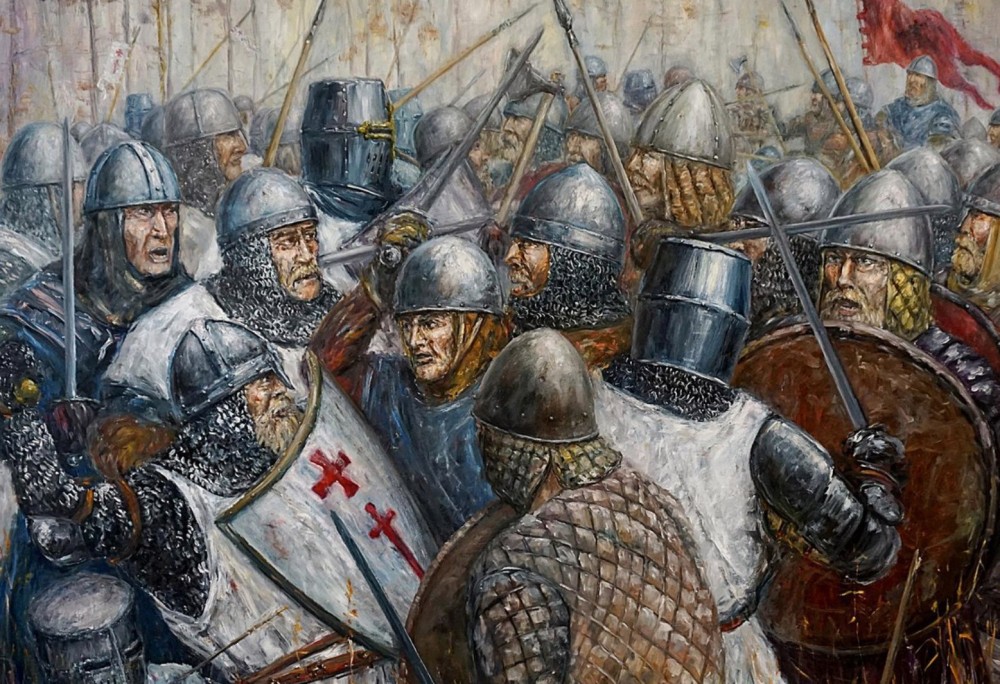
The article dwells on the stay of the Teutonic Order on the Southeastern borders of the Hungarian kingdom and their expansion to the Carpathian-Danube region in 1211— 1225, focusing on the reasons why the Order was invited by the King of Hungary and then expelled in spite of the Holy See’s intercession. The author challenges the point of view that the Order was invited due to the increased number of Cuman raids, which is evidenced by the official correspondence of Papal, Hungarian King’s and Bishopric chancellery only. The real reason was not the border protection, but the Kingdom’s territorial expansion to the East, towards the regions formerly dependent on the Galician principality, which was at war for the heritage of Prince Roman Mstislavovich. Teutonic crusaders met the challenges brilliantly, extending the Hungarian influence to the East, far across the “Snow Mountains”. However, by the early 1220s, the Teutonic Order had become a strong political force in Europe by virtue of successful diplomacy of Grand Master Hermann von Salza supported both by the Pope and the Emperor, competing on equal terms with elder and major orders of Templars and Hospitallers. Thus, on the one hand, Hungarian King Andrew II understood the danger of neighboring with fast raising military and political force, threatening not only newly acquired lands, but also lands of the crown. On the other hand, the political impact of the Order in the regions turned “from the sword to the cross”, establishing Dominican proselyte mission, which further led to the foundation of the Cuman bishopric. All these became reasons for the final expulsion of the Order from the Hungarian kingdom.
Source: Veselov F.N. (2018). Crusaders in Subcarpathia. On the Eastern expansion of the Hungarian Kingdom in the early 13 th century. Rusin. 1 (51): 80-92
Source web-site: http://journals.tsu.ru/rusin/en/&journal_page=archive&id=1700&article_id=37585
Number of views: 3426